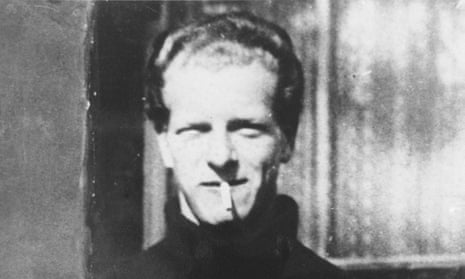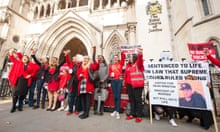Joint enterprise cases involve crimes where more than one person takes part. The evidence rules enable those who did not strike the fatal blow or pull the trigger nonetheless to be convicted of murder.
They have become increasingly controversial because of the large number of gang-related killings that have come to court. A large proportion of those convicted have been young, black and mixed-race men, a recent report by the Commons justice select committee pointed out.
One research project found that 37.2% of those serving long terms for joint enterprise offences were black – 11 times the proportion in the general population and almost three times as many as in the overall prison population. “The low threshold of culpability for secondary participants is behind the sense of injustice harboured by many of those convicted of murder under the doctrine,” the MPs’ report stated.
A campaign group, the Joint Enterprise Not Guilty by Association, has argued that the way judges have interpreted the joint enterprise rules has led to widespread miscarriages of justice. In 2014, the BBC screened the drama Common by the playwright Jimmy McGovern and followed it up with a documentary entitled Guilt by Association.
Among well-known joint enterprise cases are the convictions obtained against the killers of Stephen Lawrence, who was stabbed to death in a racist attack in south London in 1993, and Ben Kinsella, a schoolboy knifed in north London in 2008. Both cases, the select committee report says, are “widely referred to as examples where the use of the doctrine of joint enterprise has secured convictions which have met with widespread public approval and support”.
Others have generated sustained complaints. One of those involves Jordan Cunliffe, who is partially blind and was convicted of murder under joint enterprise for his role in the death of Garry Newlove in Warrington in 2007. His mother, Janet, said he was convicted solely because he could not see where he was and thus contradicted prosecution claims.
The supreme court ruling specifically identifies mistakes made by judges since 1984 and so will not impact on earlier notorious joint enterprise killings such as the 1952 shooting of a police officer for which Derek Bentley was hanged. Bentley did not pull the trigger but had told his 16-year-old accomplice, Christopher Craig, to “let him have it”. Bentley was posthumously pardoned by the court of appeal in 1998.








